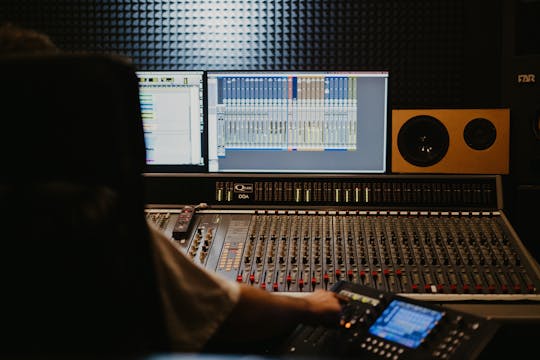Unveiling the Beat: Navigating the Ethical Quandary of Ghost Producers vs. Artist Credit in EDM
In the pulsating world of Electronic Dance Music (EDM), where beats ignite euphoria and melodies weave emotions, there lurks a shadowy practice: ghost production. Behind the glamorous façade of chart-topping tracks and electrifying performances lies a complex ethical debate — one that pits the creative integrity of artists against the anonymity of those who craft the sounds behind the scenes. This article delves deep into the contentious realm of ghost producers versus artist credit, exploring the nuances, controversies, and ethical considerations within the EDM industry.

The Rise of Ghost Production
The Ethical Quandary
The Impact on Emerging Artists
Navigating the Path Forward
In light of the ethical dilemmas posed by ghost production, the EDM community must confront these issues head-on and strive for greater transparency and accountability. Artists, labels, and industry stakeholders alike have a responsibility to uphold the integrity of the music they produce and promote, fostering an environment where creativity flourishes and credit is given where it is due.



